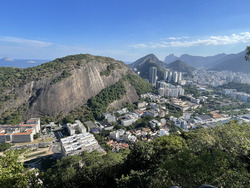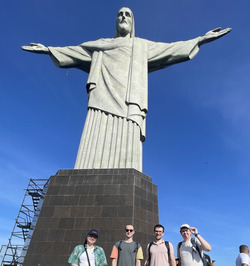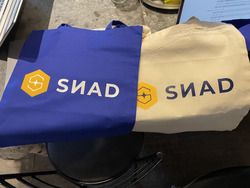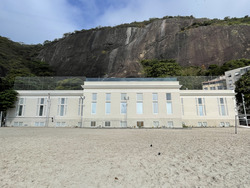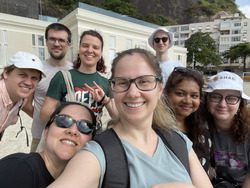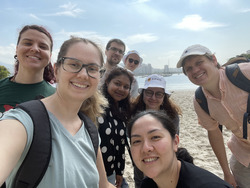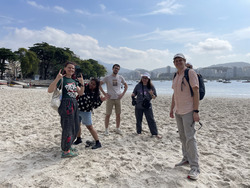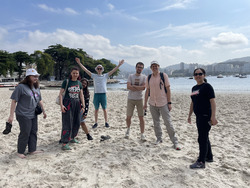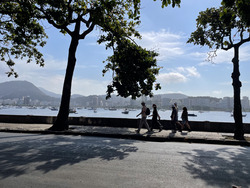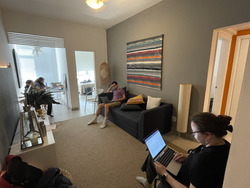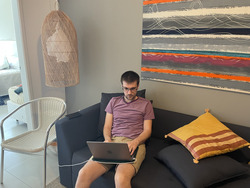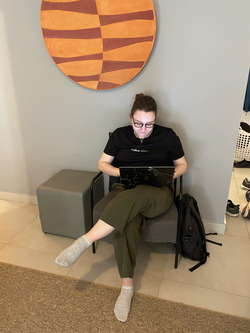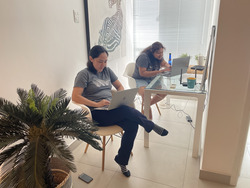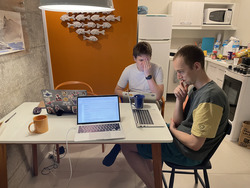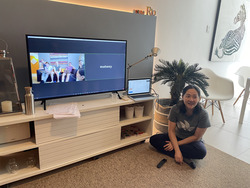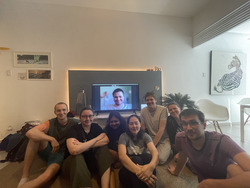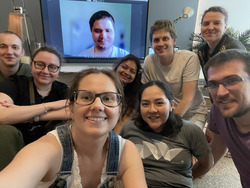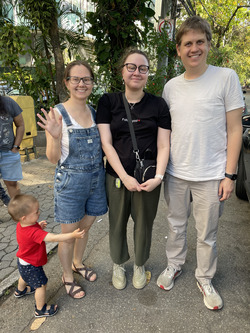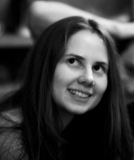
astronomer
Researcher of Laboratoire de Physique de Clermont (France). The main scientific interests are supernovae of all types. However, Type Ia supernovae seems to be the favorite one. As a post-doc, Maria spent two years in Clermont-Ferrand, that's why she can easily distinguish 6 semaines Saint-Nectaire from 8 semaines. Homepage: https://pruzhinskaya.com
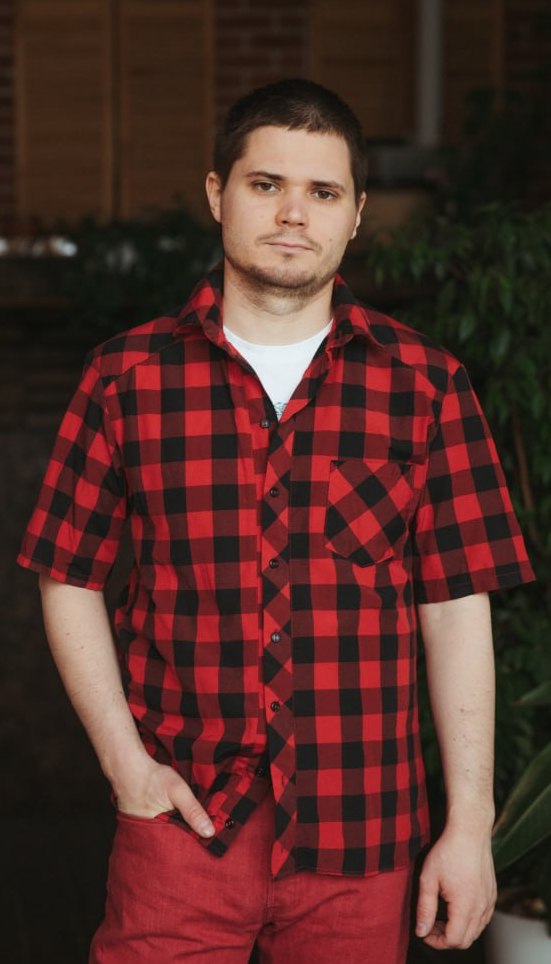
astronomer
If you are using Linux, then you already came across Matwey's code. You can learn more about Matwey by looking at his GitHub account.

astronomer
Python lover. Konstantin works as a researcher at Sternberg Astronomical Institute and as an associate professor at Higher School of Economics (Moscow). He defended his PhD on Non-stationary processes in astrophysical accretion discs under the supervision of Prof. N.I. Shakura. Now he is dreaming to study different machine learning methods in astrophysics. Konstantin's GitHub.
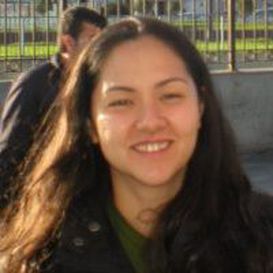
astronomer
Brazilian physicist, working in Astronomy and discovering Statistics. Emille's research is focused in Type Ia Supernovae (photometric classification, characterization and cosmological application), machine learning, Bayesian modeling and the connections between them. She is a leader of the Cosmostatistics Initiative (COIN). Homepage: https://emilleishida.com
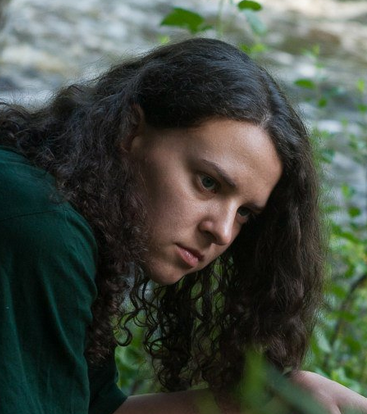
astronomer
Alina works at Space Research Institute of the Russian Academy of Sciences (Moscow). Her main scientific interests are gamma-ray bursts and their optical counterparts. She contributes to the observations of a binary neutron star merger detected through gravitational waves by the Advanced LIGO and Advanced Virgo detectors. Alina is an incredible musician and vocalist.
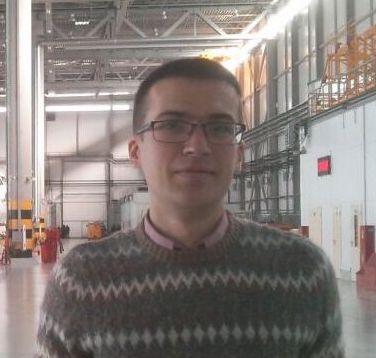
aeronautical scientist
Lecturer at the Department of Aeromechanics and Flight Engineering of Moscow Institute of Physics and Technology (MIPT). The main scientific interests are aircraft dynamics, control systems, identification of aerodynamic characteristics.
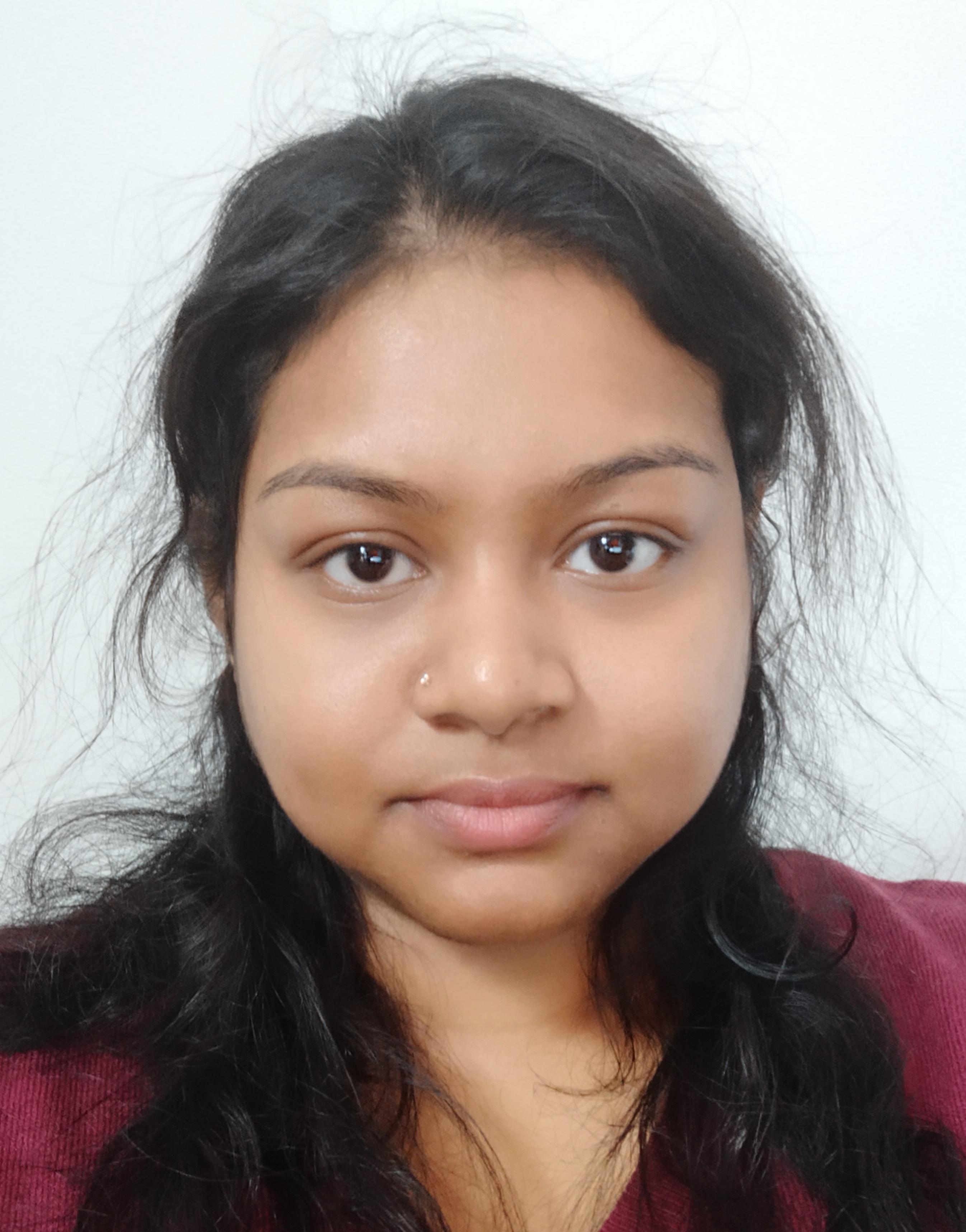
astronomer
Astrophysicist from India, with the twin pet peeves of machine learning and galaxies. Sreevarsha works as a research associate at Brookhaven National Laboratory. She is currently working on deblending galaxy images using deep learning.
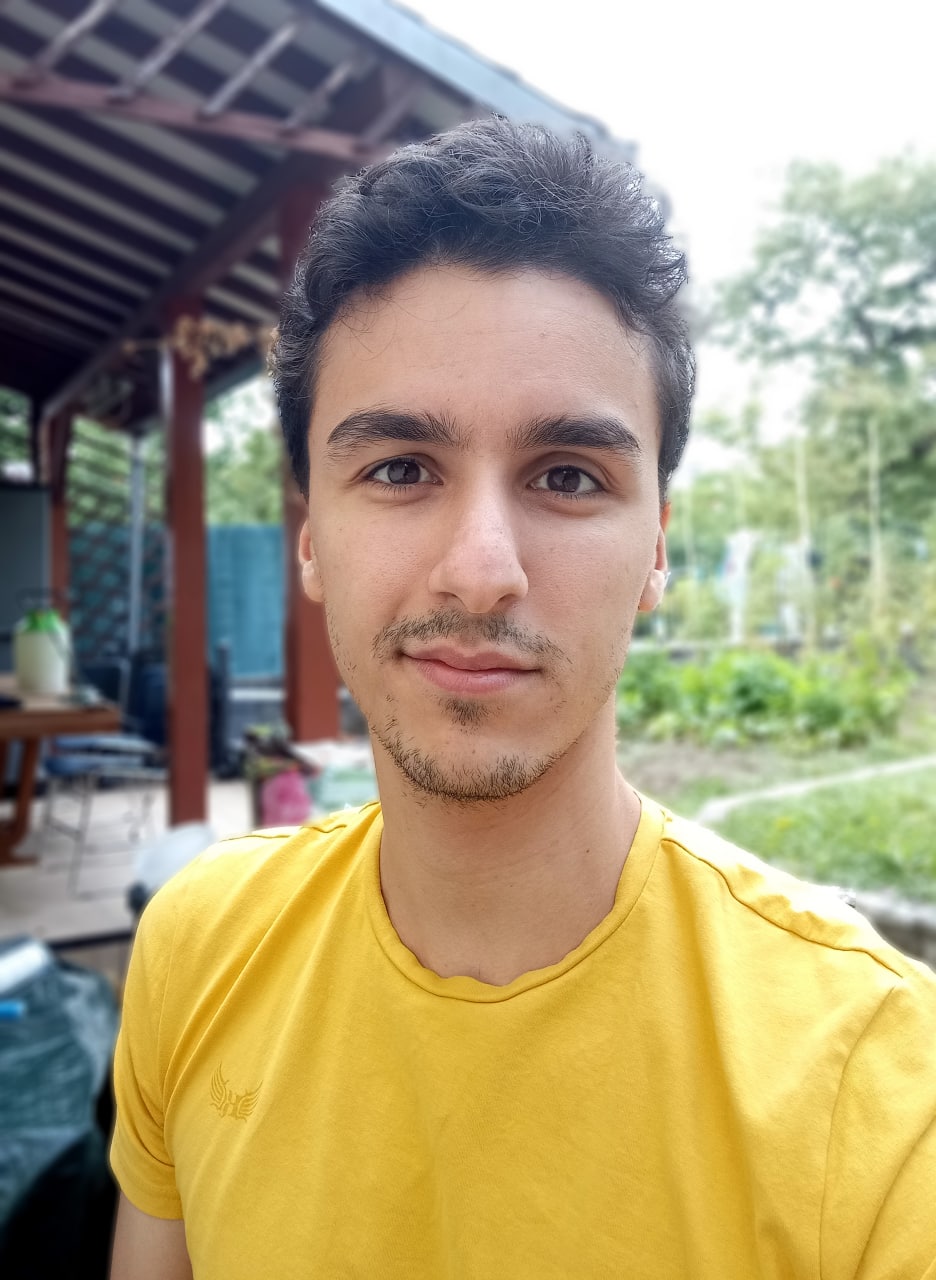
cosmologist
Ph.D. student of the Laboratoire de Physique de Clermont (Clermont-Ferrand, France). Etienne works with the LSST working group where he mainly develops unsupervised machine learning algorithms aiming at identifying anomalous objects in large astronomical datasets.
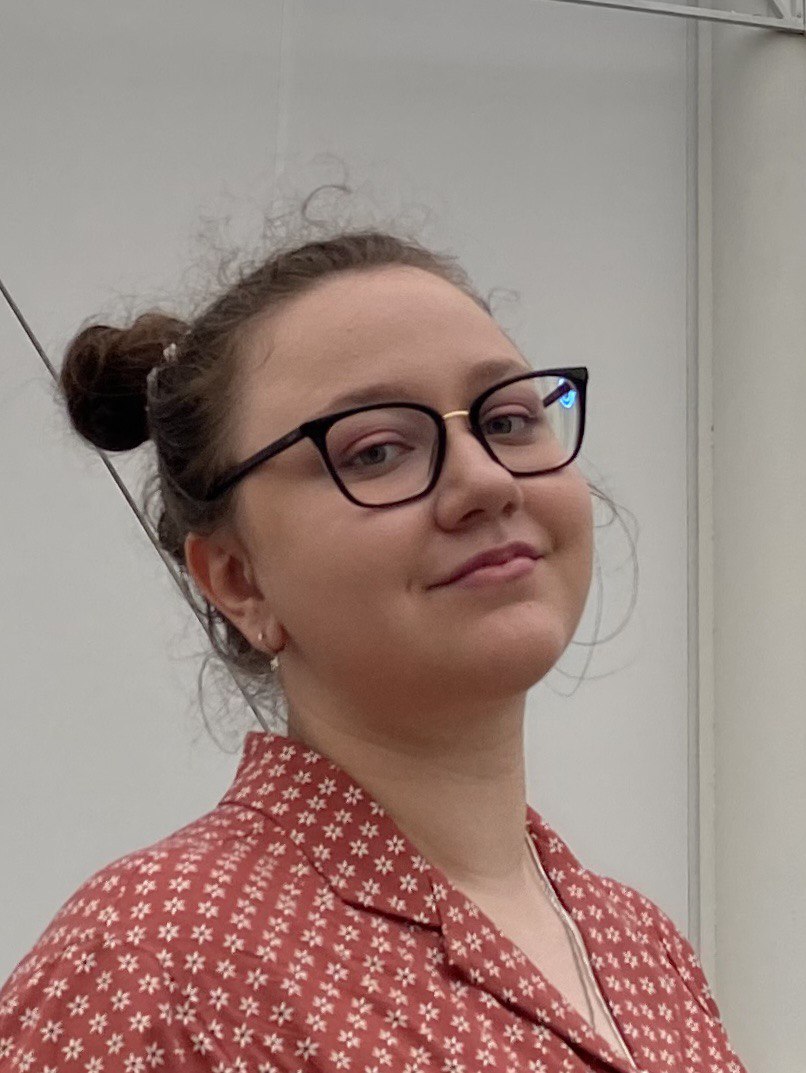
student
Student of the Faculty of Space Research at MSU. The main scientific interests are the application of machine learning methods to astrophysical data and object detection in large data sets.
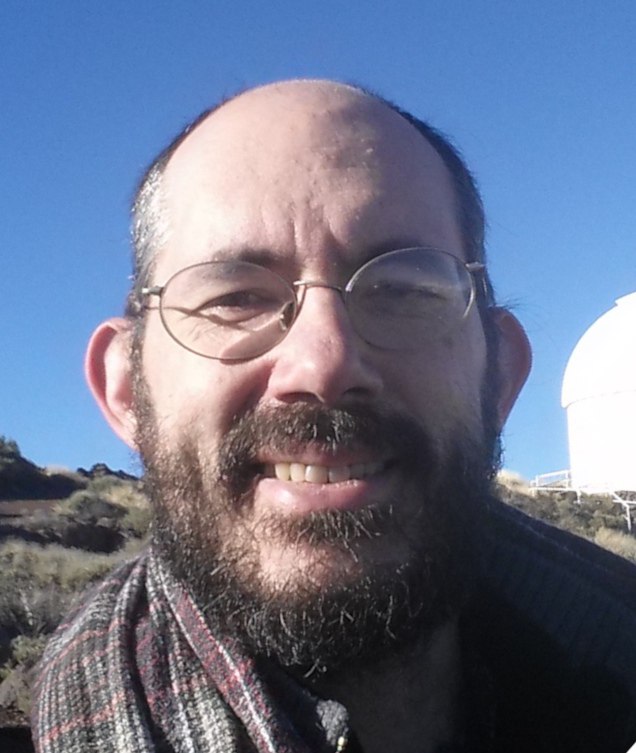
cosmologist
Emmanuel Gangler is a CNRS researcher at LPC-Clermont Ferrand, France. He is an expert in supernova standardization and cosmology. Emmanuel is interested in feature importance for anomaly detection and deep learning.
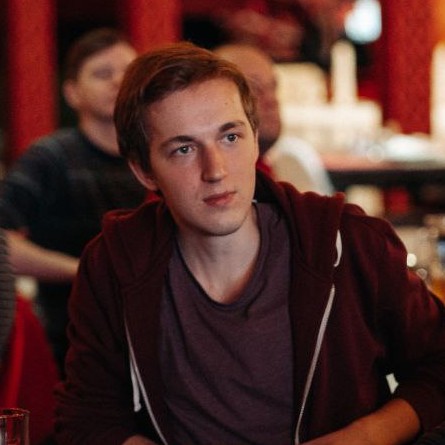
student
Timofey is a student at the Faculty of Space Research at Lomonosov Moscow State University. He has been involved in constructing superluminous supernovae bolometric light curves using machine learning methods. Currently, his work focuses on real-bogus classification of ZTF objects employing neural networks.
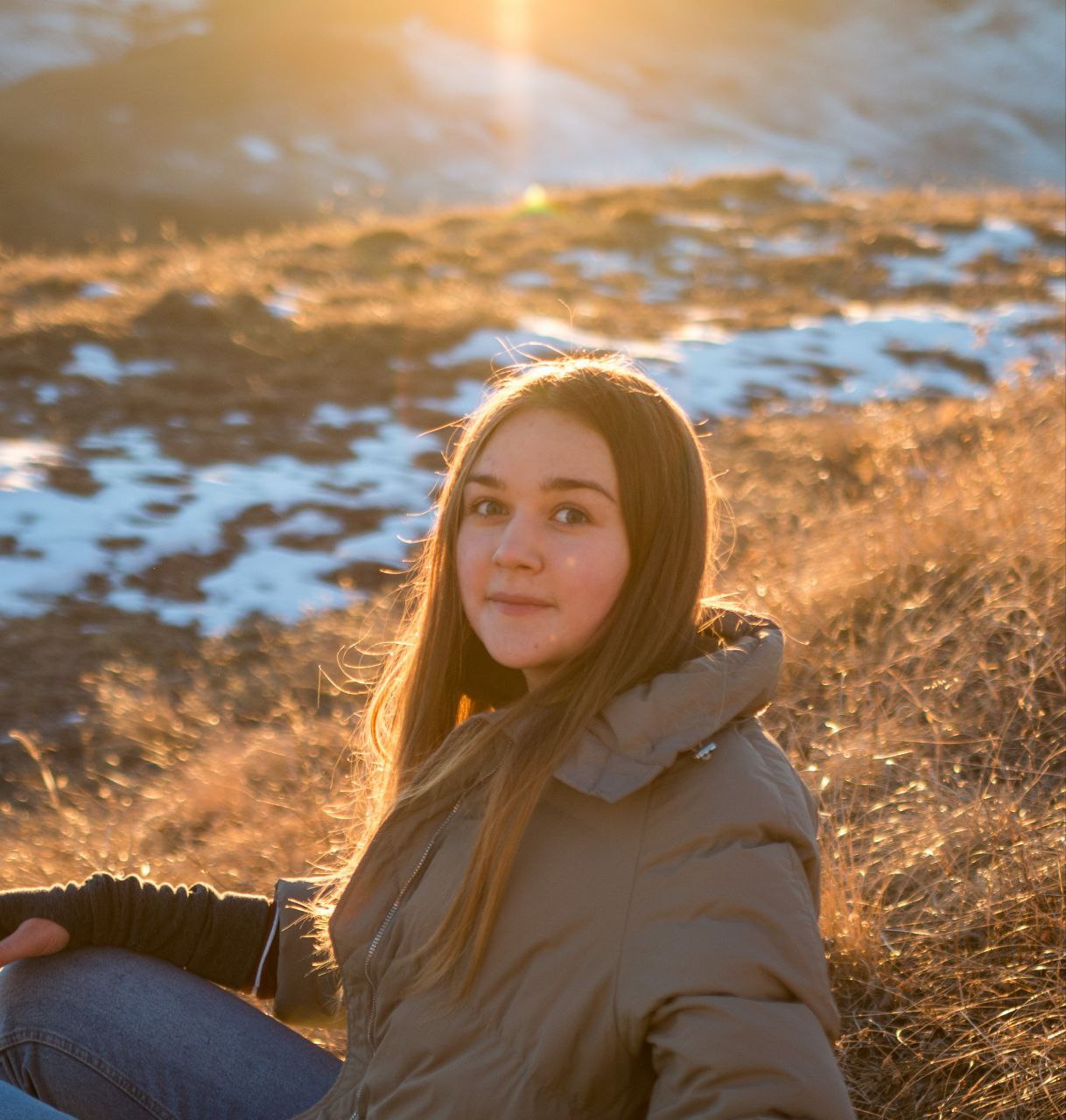
astronomer
Anastasiya completed an internship at the Laboratoire de Physique de Clermont (Clermont-Ferrand, France) and graduated from Sternberg Astronomical Institute (Moscow, Russia). Anastasiya is currently studying the red dwarf flares hidden in ZTF data. Sometimes creates designs for astronomical T-shirts and logos.

astronomer
Professor at Brazilian Center for Physics Research (Centro Brasileiro de Pesquisas Físicas – CBPF, 2020). Head of the HPC Artificial Intelligence applied to physics Lab, convener of the Dark Energy Survey Gravitational Wave-Spectro Group.
